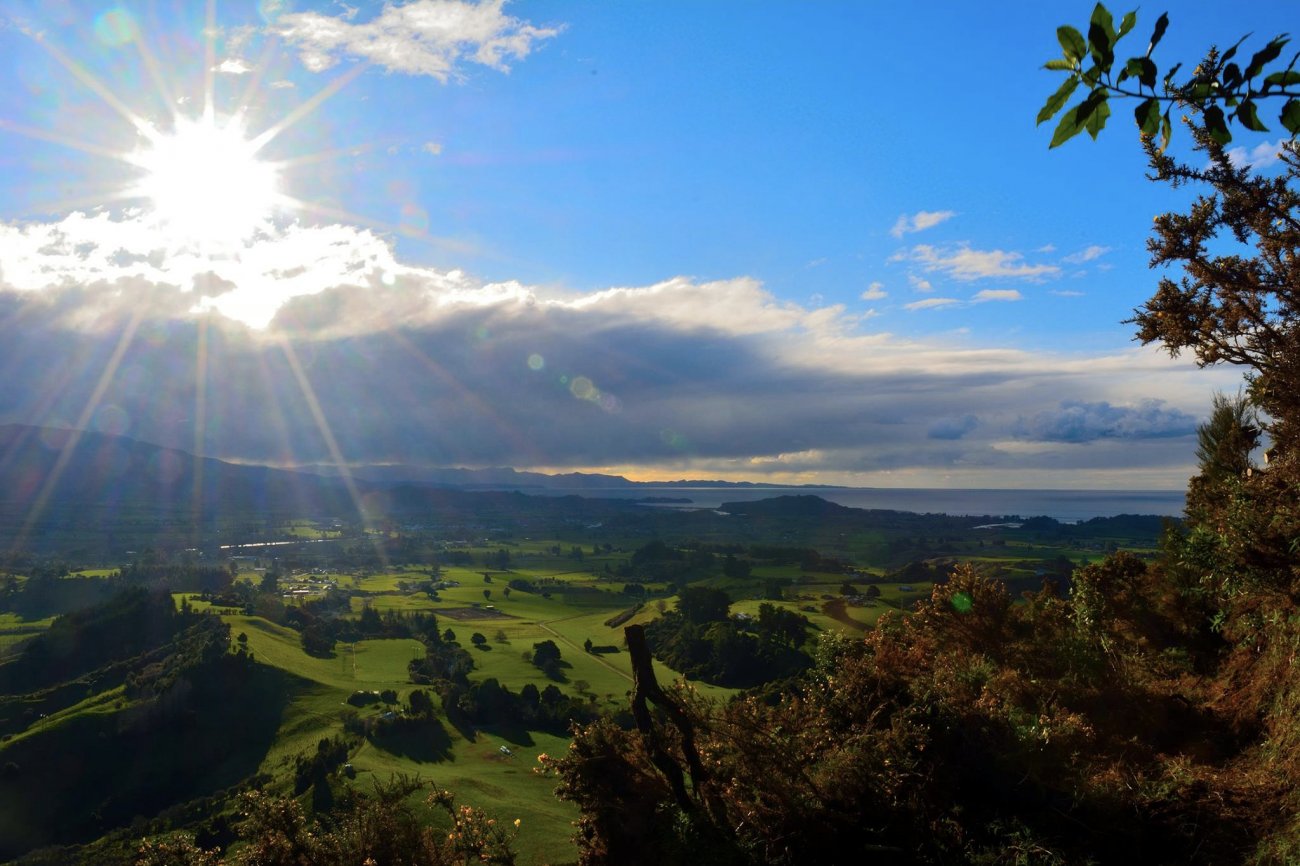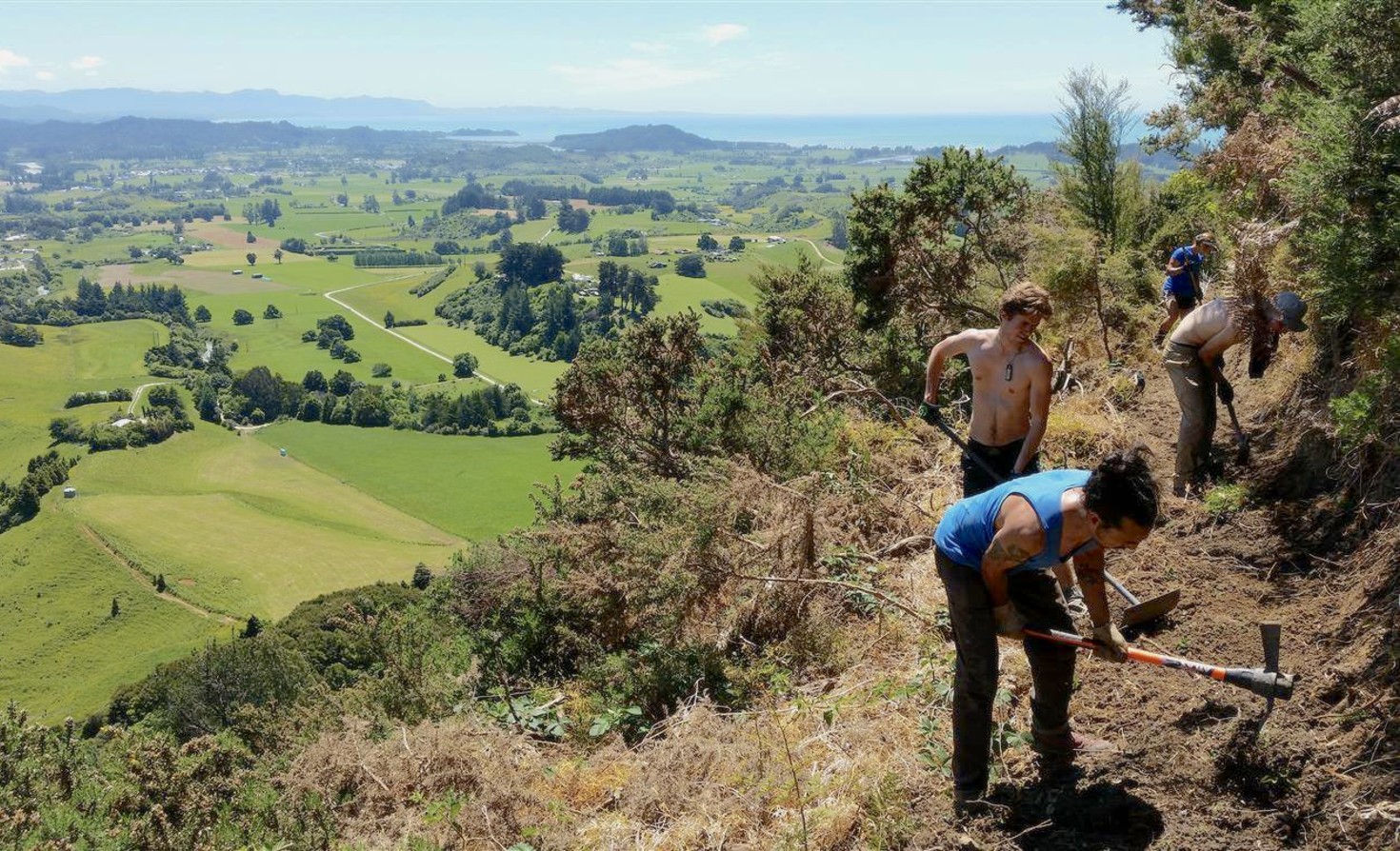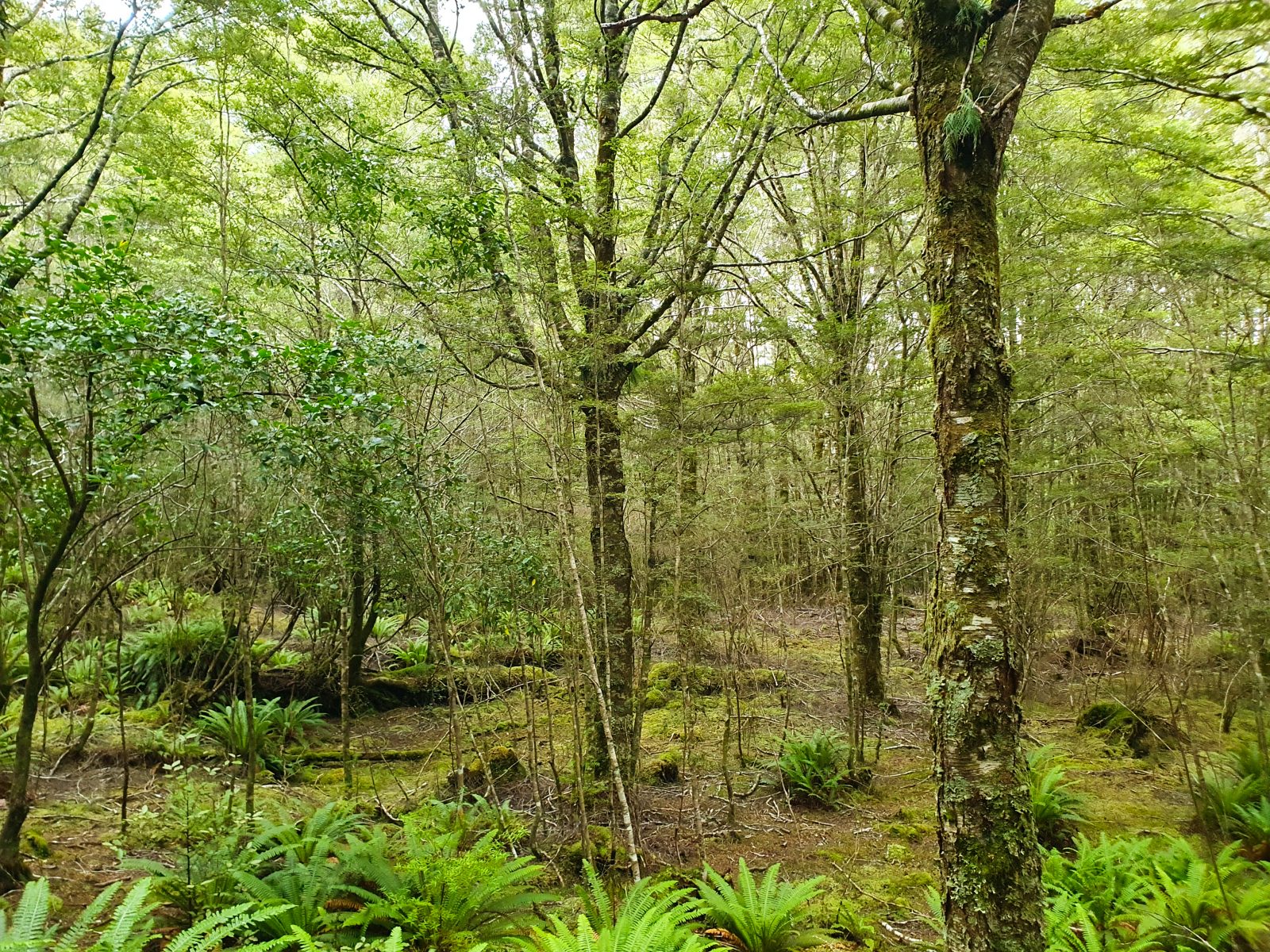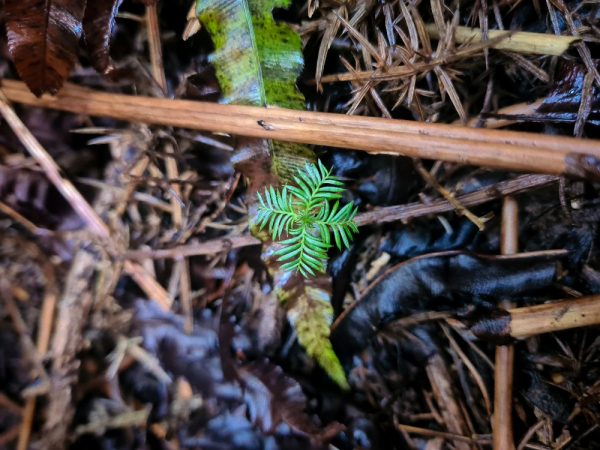To fix the climate problem, New Zealand needs to remove the equivalent of 43.5 megatonnes of carbon dioxide between 2026 and 2030. It will require both reducing emissions and offsetting the balance with permanent forests says Ekos founder Sean Weaver.
Introduction
Ekos is a New Zealand-based organisation dedicated to creating a low carbon, biodiverse, & climate resilient future. Founded as a marriage of ecology & economics, Ekos works with values-aligned partners who want to make a positive difference to the world. The organisation specialises in carbon & sustainability solutions, nature-based solutions, & environmental consulting, helping clients ranging from governments & corporates to community groups. Since 2008, Ekos has developed restorative carbon projects & biodiversity initiatives, with a core belief that private sector investment is fundamental to meeting the climate & biodiversity challenges of the coming decades.
UpShift has developed Ekos's software systems since 2020. Below is an article from NZ Geographic about Ekos & UpShift's work by Sarah Lin Turner.
Our Three-Dimensional Climate Challenge

It’s just after 5pm on Wednesday August 17, 2022. The light in Nelson has long disappeared. Torrential rain pelts the conservatory’s polycarbonate roof and there’s a pulse in my ears that whispers: “run, run.”
I step out into the deluge, fingers white round my umbrella. I can hear the Maitai River snarling, its journey through the neighbourhood turned feral since it broke its banks a few hours ago.
A massive tree is caught under the bridge, slash from forestry upstream building against it. The roaring mud is inches from the road and high tide has yet to hit. I watch a woman, wild-eyed in soaked office clothes, run the gauntlet to reach a house with a yard already under water.
The rain didn’t stop that day, or the day after. By Friday, Nelson has copped more than twice the average rainfall for August, in just three days.
Just a few months later, Cyclone Gabrielle smashes into the North Island, cutting off communities, chewing up the coastline and ripping trees from the ground.
I’m hitting redial, thinking of my heavily pregnant friend in her tiny house 45 minutes out of Gisborne. The calls go to voicemail, messages left unread. My Aunty Pat appears online, one of the lucky few in the upper North with access to a generator, and I beg for news.
In the end, the storm will claim the lives of 11 people and become the costliest tropical cyclone ever recorded in the southern hemisphere, with damages estimated at $13.5 billion.
“It doesn’t hit home… until it hits home,” Aunty Pat says, before the tiny avatar blinks off.
A year has passed. My friend had a healthy baby boy, my aunt survived though so much did not. But the events of 2023 telegraph a future we need to prepare for today.
I’m warm and dry at my desk at UpShift, a Nelson-based development agency that specialises in building applications to enable the science, health and environment sectors. Tama Easton, boss and business owner, is clear about UpShift’s mission.
“We know that technology has a fundamental role in the future of the planet,” he says. “One of the ways UpShift aims to contribute is through partnerships with organisations doing good work.”

Right now, he’s got me on a call with Ekos, an environmental financing enterprise working to create self-sustaining forest projects here and in the Pacific. They’re one of UpShift’s closest partners.
Ekos straddles the supply and demand sides of the carbon management industry. Its reforestation programmes—which involve iwi, businesses, landowners, local and central government and non-profits—generate carbon credits for purchase, in turn creating funding for re-investment.
Sean Weaver, founder and CEO, is an ecologist who’s been vocal in the economic, political, and environmental battleground of anthropogenic climate change. He sees restorative reforestation as a no-brainer, and created Ekos in 2007 to do just that.
“Climate change is the biggest existential threat to all life on Earth,” he says.
Despite the government’s targets, few organisations currently have any legal obligation to address their contribution to New Zealand’s emissions.
As one of two main voluntary carbon market certifiers here, Ekos works with those who opt in. Ekos staff utilise UpShift technology to calculate emissions, and then assist with designing and implementing reduction plans that meet certification criteria.

“This process often reveals that reaching zero emissions through reduction alone is impossible, or prohibitively expensive, leaving a residual footprint to be addressed,” says Weaver. “Ekos identifies stepping stones; low-hanging fruit and multiple ways to tackle a problem this monumental.”
One of those ways is by purchasing carbon credits sourced from restorative forestry projects in the Ekos supply chain.
“Offsetting is not a licence to pollute. It is part of the process, and in Ekos’ approach, the purchase of carbon credits helps fund the forests we need.”
To get even close to climate targets, the government estimates New Zealand needs to permanently reforest at least one million hectares of land—3.7% of the total 26,871,000 hectares that make up our home. Climate Commission advice says we must reduce climate pollution by the equivalent of 43.5 megatonnes of carbon dioxide between 2026 and 2030—about the same as what 3.6 million cars would emit in the period.
“There’s also an estimated million hectares of permanent reforestation needed to protect erosion-prone areas,” says Weaver. “Add in addressing lost biodiversity, and we face a three-dimensional climate action challenge. We each need to make a decision to be part of the solution. No matter how small the step, it all matters.”
The International Energy Agency says the global average of CO2 emissions is around four metric tonnes per person each year. But the average is useless when accounting for population diversity, and Weaver says New Zealand’s per capita number is much higher.
“A lot of our contribution is down to transport and agriculture,” he says. “In every family and every industry, some emissions activity is going to be unavoidable. That’s why self-sustaining reforestation is so fundamental.”
I think about walking with my parents in Saint Arnaud, through the dense Beech forest hugging Lake Rotoiti. The air always tasted different there, rich and satisfying. Whenever my feet dragged, my Aunt Prue would tell me to wrap my arms around the nearest trunk and ‘feel my energy rise’. (She lived in a commune and I was a cynical kid, but I did it anyway).
Southern beech is now the largest remaining indigenous forest type in New Zealand, with about half of all forests almost entirely beech trees.
I haven’t grown out of my cynicism, but some recent advances give me hope.
To measure organisational emissions in days past, for example, Ekos staff manually wrangled stacks of spreadsheets for up to a week. Now, using UpShift technology, they can do this in minutes.
“UpShift has built incredibly sophisticated tools that revolutionised our efficiency,” says Weaver. “Their work enabled us to dramatically reduce barriers to measuring emissions, and emission reduction planning.”
Easton, who founded UpShift in 2013, says the Ekos tools are a great example of ‘digital solutions for human problems.’

“Ekos is very satisfying to work with,” he says. “We maintain the technology they need to be effective, and we get to see it making a difference for them and those they help.”
To replace the spreadsheets, UpShift built Ekos’ ‘dCarbon’ measurement system. Along with a calculator designed for difficult freight data, the applications have significantly improved Ekos’ ability to scale and deliver affordable services.
UpShift is now developing an inventory platform to keep a detailed record of all carbon credits bought, generated and sold by Ekos, and to which reforestation project they’re linked.
“That can be really powerful for people, when digital meets a tangible physical reality,” says Easton. “As part of earning our third Climate Positive’ Certification, the business purchased carbon credits towards Project Rameka in Golden Bay—just over the hill from our office.”
Rameka aims to reforest and protect 93 hectares, combining planting with public walkways and riding tracks. It’s a place Easton now cycles with his son.
“It’s quite a feeling, riding through these trees and knowing that you, in some tiny way, helped put them there. We take forests for granted. I want UpShift to be part of making sure we stop.”

